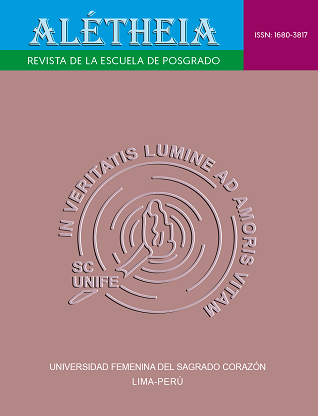Deliberative democracy and education, the pillars of development
DOI:
https://doi.org/10.33539/aletheia.2014.n2.1097Keywords:
deliberative democracy, models of democracy, discussion, discursive rationality, john dewey, jürgen habermas.Abstract
In the following text, the author presents the model of deliberative democracy, selecting from John Dewey and Jürgen Habermas writings. The author recognizes the virtues of such a model of democracy and, conversely finds fallacies in models of democracy that are supported only in the legal structure. The strength of deliberative democracy is on communication and, the author believes, that really does involve citizens and commit them to the development of society. The development of a deliberative democracy supposes an unimaginable cultural transformation without supplementing it with a process in education. Therefore, in the third part, it defends what it can be an educational model and deliberative democracy.
Downloads
Downloads
Published
2014-12-30
How to Cite
Orozco Contreras, R. A. (2014). Deliberative democracy and education, the pillars of development. Alétheia, 2(1), 104–112. https://doi.org/10.33539/aletheia.2014.n2.1097
Issue
Section
Derecho





